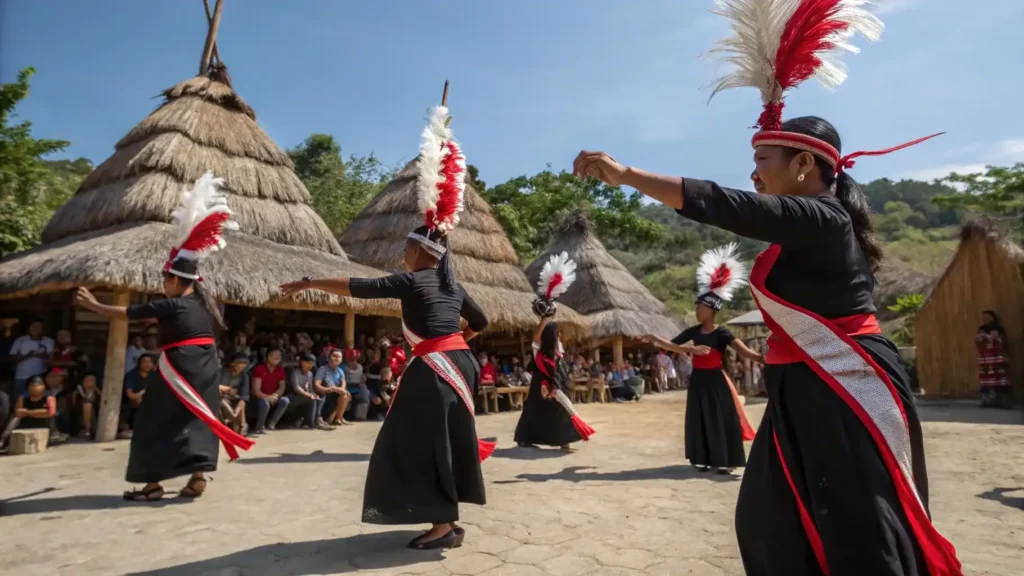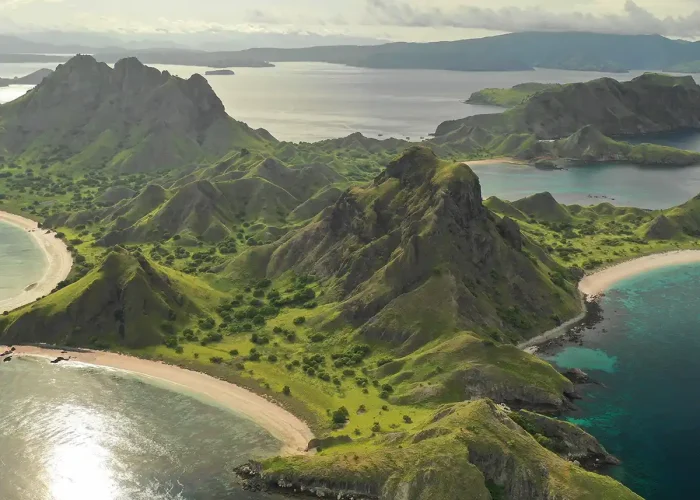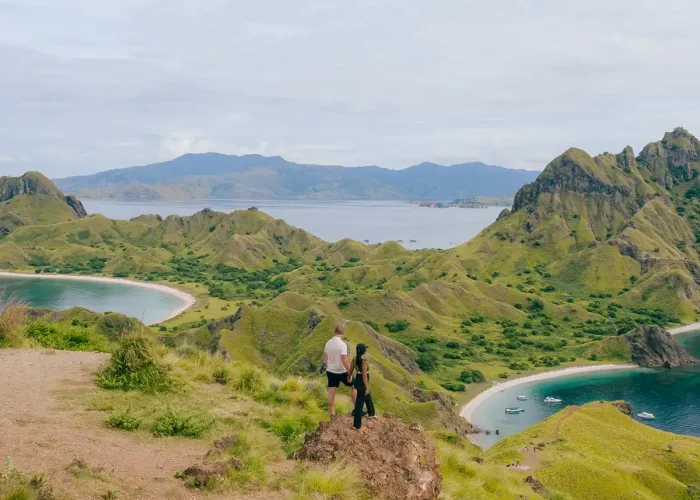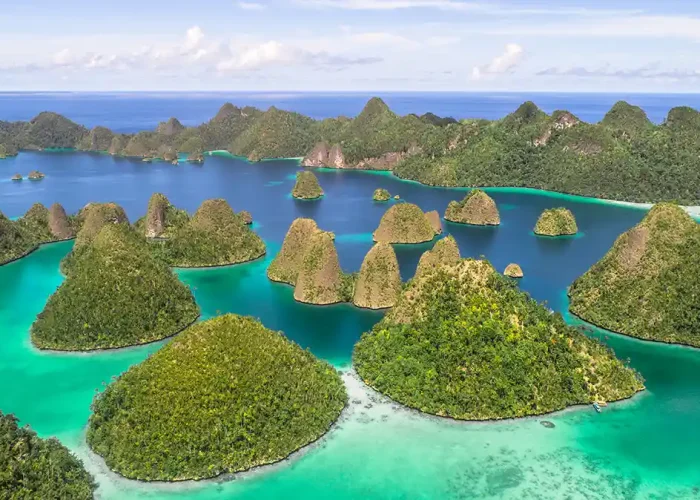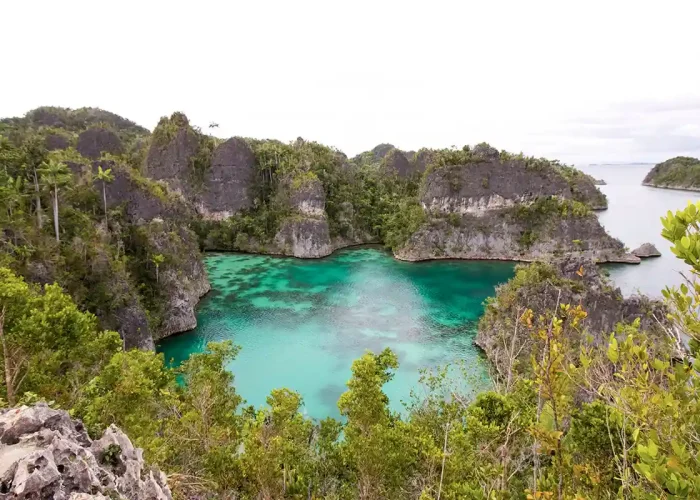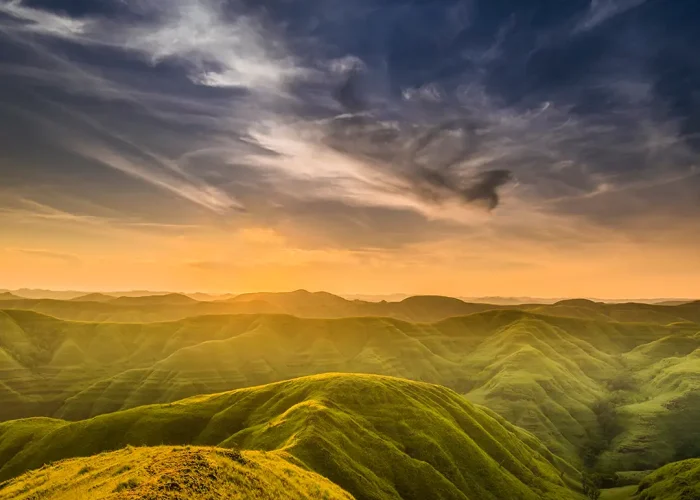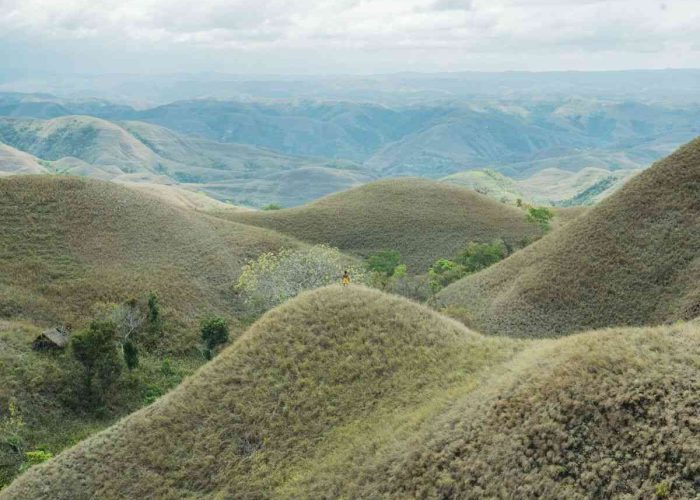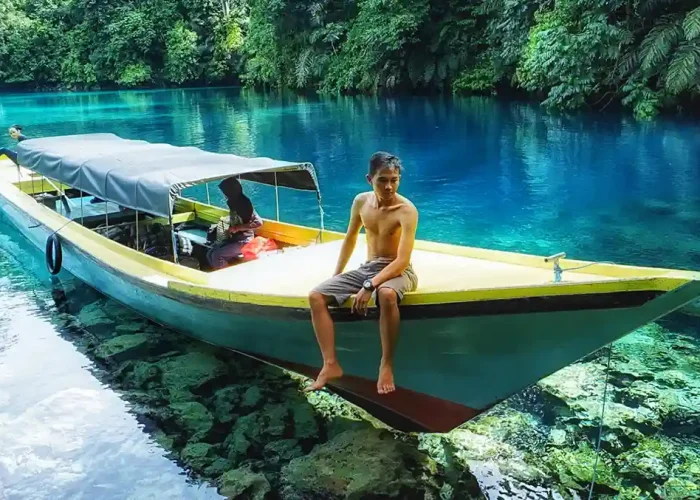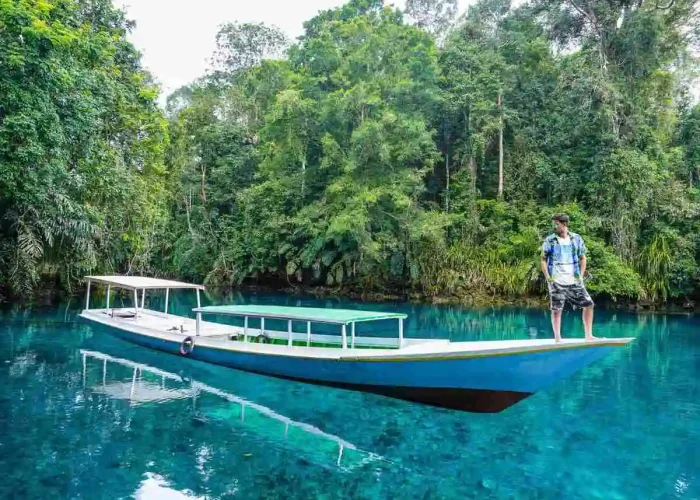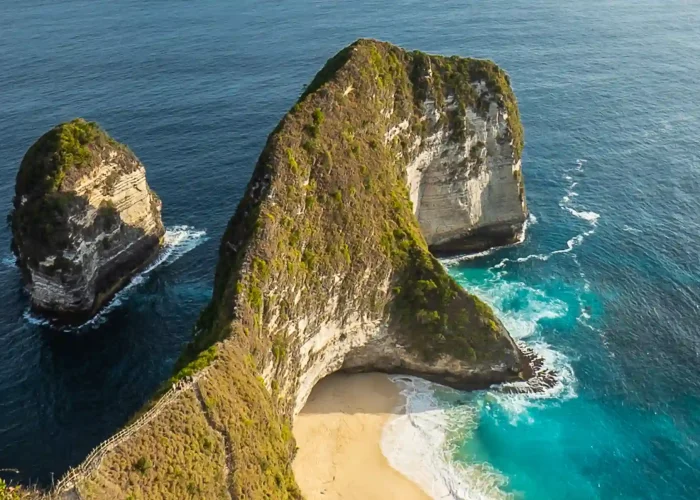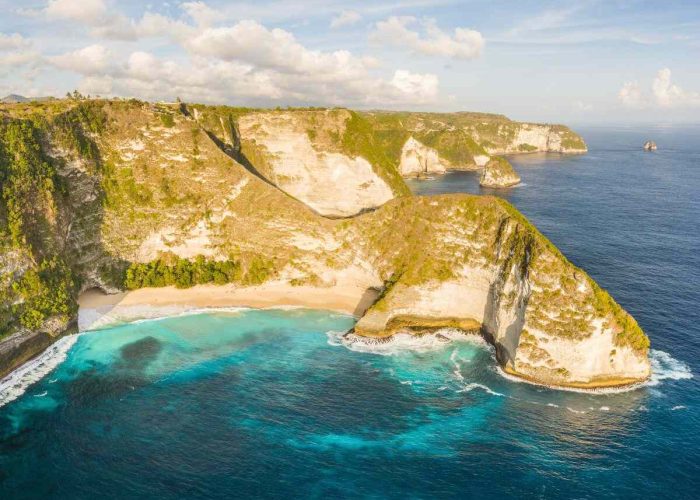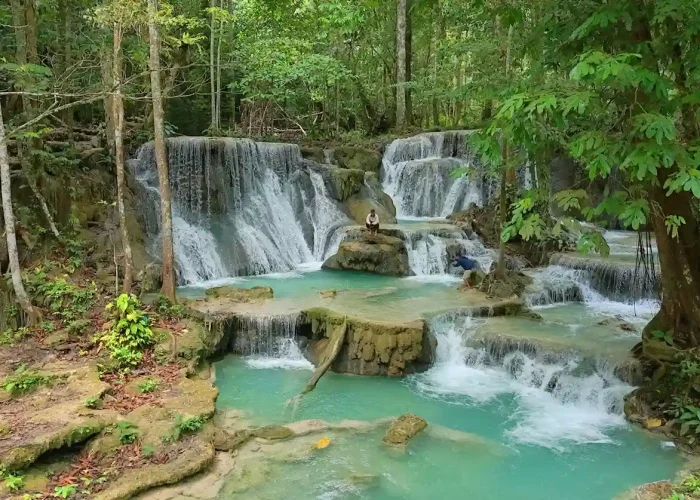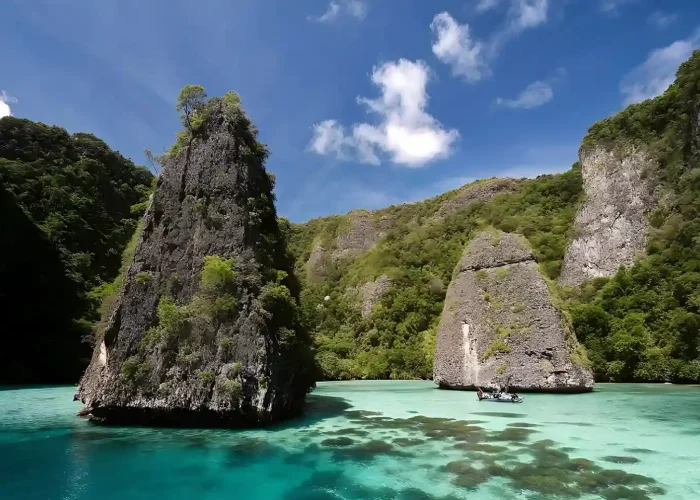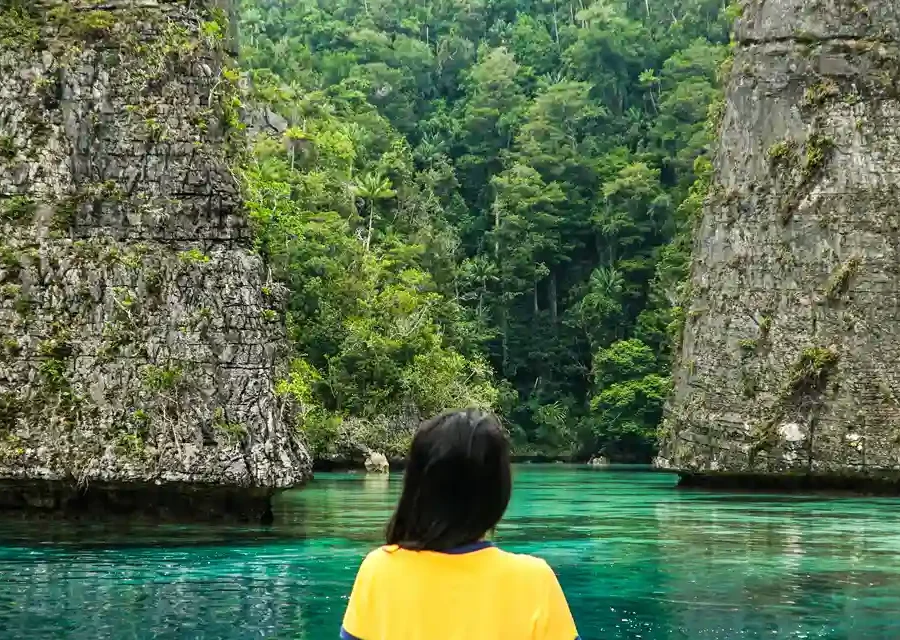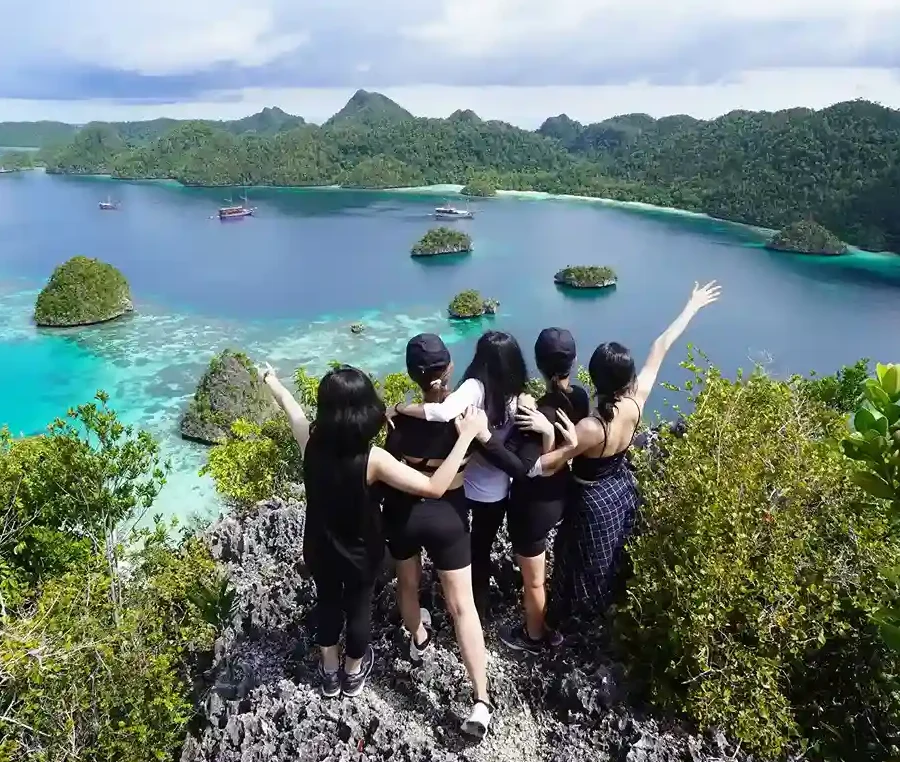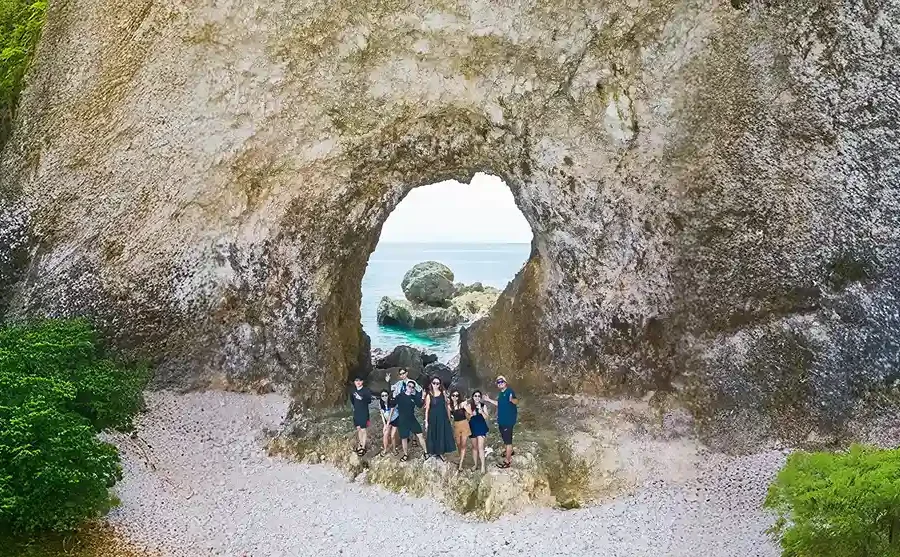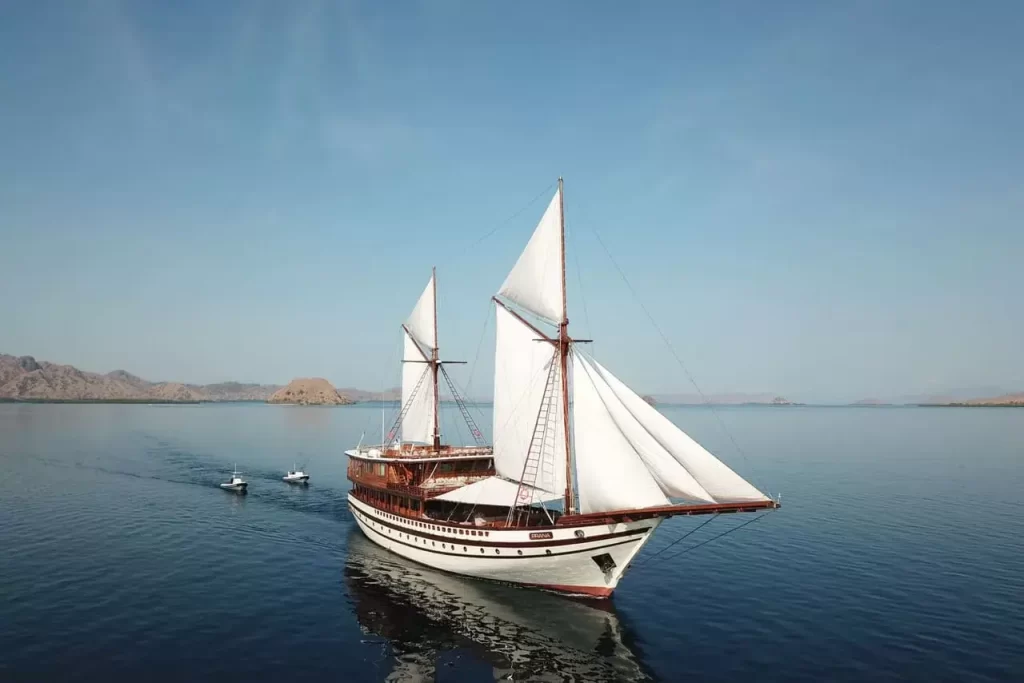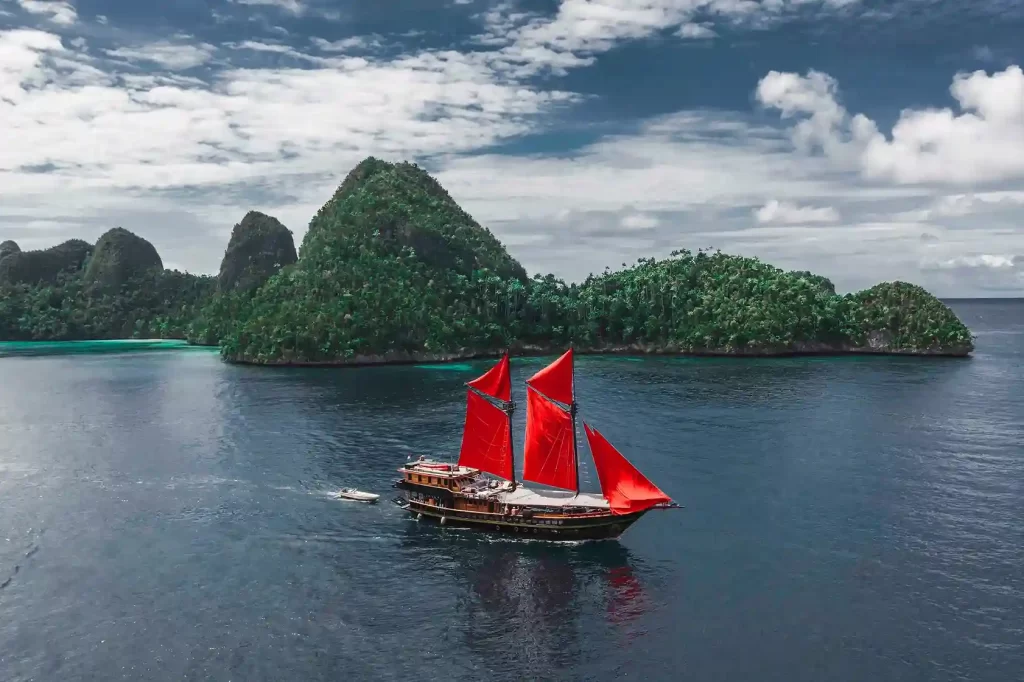A trip to Sumba isn’t just about its stunning beaches, vast savanna hills, or the iconic high-peaked traditional houses. Behind all that beauty, Sumba holds a deeply rich and soul-stirring cultural heritage. One ritual that’s especially sacred and meaningful, and definitely worth getting to know better, is Wulla Poddu.
If you’re curious about what this tradition really means, when it takes place, and how visitors can observe it respectfully without disrespecting local customs, read on, you won’t want to miss a single detail.
Table of Contents
What Is Wulla Poddu?
Wulla Poddu is one of the most important traditional rituals in West Sumba, especially among people who still uphold the Marapu belief system. In the Sumbanese language, “Wulla” means month, and “Poddu” means bitter. So literally, Wulla Poddu means the “bitter month”, a time marked by various restrictions, spiritual reflection, and deep respect for ancestors.
But “bitter” here doesn’t carry a negative connotation. In fact, it’s a time considered sacred and special. During Wulla Poddu, people refrain from worldly activities as a way to purify the soul, honor the natural world, and maintain harmony with ancestral spirits.
This isn’t just a cultural ceremony, it’s a powerful chance to pause, mend social ties, and express gratitude for the year’s harvest and life’s journey so far. Through prayers, restrictions, and traditional ceremonies, the community aims to rebalance their lives in the face of modern challenges. The atmosphere of the villages changes completely during this time, quiet, solemn, and imbued with a spiritual energy that touches the heart.
When and Where Is Wulla Poddu Held?
The timing of wulla poddu is determined by the Marapu traditional calendar, based on lunar phases and interpreted by the Rato, or community elders. The ritual typically lasts a full month, usually falling between October and December. Choosing the exact dates depends on adat deliberations and signs from nature that are deeply respected by the community.
If you’d like to witness Wulla Poddu firsthand, you can visit several traditional villages in West Sumba such as Tarung, Bondo Maroto, Kadoku, or Umbu Koba. Since it’s a sacred event, it’s crucial to respect the timing and practices, always ask permission and, if possible, go with a local guide. Doing so ensures your experience is memorable while honoring local traditions.
The Restrictions During Wulla Poddu
During Wulla Poddu, the community in West Sumba lives with heightened awareness of sacredness and order. It’s more than just ritual, it’s a month-long set of observances meant to honor ancestors and preserve harmony between humans, nature, and the spiritual realm. These rules apply to daily life, from social and economic activities to seemingly minor actions.
Here are some of the main restrictions observed by the community:
- No parties or weddings, as joy is considered out of place during this contemplative period.
- Construction or renovation of houses is forbidden, as it’s believed to disturb the village’s spiritual harmony.
- Cutting down large trees or slaughtering livestock like buffalo or horses is not allowed, reflecting a deep respect for life and natural balance.
- No loud music, dancing, or entertainment to preserve the silence and solemn atmosphere.
- Farming activities, such as pounding rice, harvesting wood, or clearing land, are postponed, symbolizing self-restraint toward nature.
- Even funeral rites are altered: deceased individuals are not bathed publicly or handled in the usual way outside this sacred month.
- Everyday behaviors like speaking harshly, arguing, or breaking customary oral rules are avoided, as they could disrupt communal harmony.
These restrictions aren’t burdens, they’re spiritual and social exercises passed down through generations. By temporarily stepping back from daily routines, people are invited to live more mindfully, calmly, and in tune with both nature and enduring cultural values.
The Ritual Cycle of Wulla Poddu
Over one month, the Marapu followers in West Sumba engage in a series of ritual stages filled with symbolic meanings and spiritual significance. Each phase honors ancestors and helps the community maintain balance between humanity, the natural world, and the spirit realm.
Here’s an in-depth look at each stage of the wulla poddu ritual:
1. Declaring the Sacred Month by the Rato
The first stage begins with the sacred timing being determined by the Rato, the traditional elders and spiritual leaders of the Marapu faith. Rather than using the Gregorian calendar, they rely on an ancestral lunar calendar and signs from nature. The Rato will meditate and consult each other to determine the first day of Wulla Poddu, observing natural phenomena like the moon’s position, wind direction, and spiritual omens. This reflects how deeply the Marapu tradition is connected to nature and integrated into daily life.
2. Reflection and Seclusion
Once the sacred month begins, the village atmosphere immediately transforms, quiet, contemplative, and deeply spiritual. Community activities are significantly reduced: no celebrations, no musical instruments, and even conversations are limited to important matters only. At night, young people are encouraged to stay indoors as part of a process of self-restraint. Villagers are invited to embrace a simpler, more mindful way of living, withdrawing from worldly distractions in order to reconnect spiritually with their ancestors and the cosmos.
3. Wild Boar Hunting
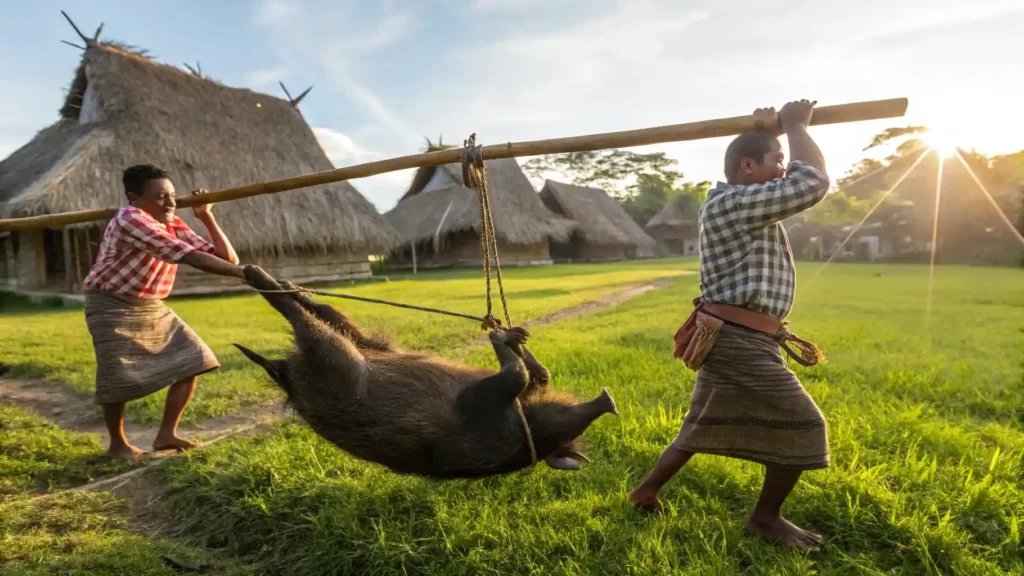
One of the most symbolic rituals during Wulla Poddu is the wild boar hunt (wawi mbani) carried out by the men. But this is no ordinary hunt, the captured boar is spiritually interpreted as a sign of what’s to come. If they manage to catch a male boar, it’s considered a good omen for the next harvest. On the other hand, catching a pregnant female or being bitten by the boar is seen as a bad sign, which is carefully considered in future community decisions. The boar is later used as a main offering during the rituals throughout Wulla Poddu.
4. Circumcision and Coming-of-Age Rituals
In certain areas, Wulla Poddu is chosen as the sacred time to perform traditional circumcision for boys. This ritual is not only physical, but also symbolic: after circumcision, the child goes through a period of seclusion, either at home or in a designated space, with minimal contact with the outside world. This stage represents a transition into adulthood, where the child learns self-restraint, reflection, and the values of life according to Marapu teachings. After completing this process, the boy is seen as more spiritually and socially mature within the community.
5. Ancestral Chants and Storytelling
On certain nights during Wulla Poddu, village elders recite ancient chants and ancestral stories inside the traditional house (Uma Bokulu). These stories include the village’s history, the origins of their ancestors, and moral teachings about life. These sessions are not only rituals but also a way of passing down cultural values to the younger generation, helping them connect with and honor the identity and heritage of their forebears. Within the sacred setting, the stories feel especially vivid and emotionally powerful.
6. Village Cleansing Ceremony
As Wulla Poddu nears its end, the entire community comes together for a cleansing ritual, both physical and spiritual. Houses, yards, village paths, and sacred sites are thoroughly cleaned. But beyond hygiene, this act represents purification of the soul and surroundings, clearing away negative energy in preparation for the new traditional year. It’s one of the highlights of Wulla Poddu and strengthens communal unity through collective effort and shared meaning.
7. Closing Ceremony at the Uma Bokulu
Wulla Poddu concludes with a grand traditional ceremony held at the Uma Bokulu, the village’s main ceremonial house and spiritual center. In this final ritual, prayers and offerings are presented to Marapu as a sign of gratitude and a request for blessings in the coming year. Everyone in the village attends in full traditional dress, and the atmosphere is deeply sacred. This marks the end of the restriction period, allowing the community to return to daily life with a renewed spirit and fresh outlook.
Read more: Pasola Tradition in Sumba: A Meaningful and Fascinating Cultural War
Can Tourists Witness Wulla Poddu?
Yes, but with great respect. Wulla Poddu is a sacred ritual, conducted with solemnity and strict protocols. While the local community welcomes good-faith visitors, it must be ensured that customs are respected and the sanctity of the ritual remains intact.
If you plan to observe Wulla Poddu:
- Do not take photos or videos without permission, especially in offering areas and the Uma Bokulu.
- Dress modestly and respectfully, aligning with the simplicity honored during this sacred month.
- Keep your voice and behavior subdued, avoiding loud laughter, joking, or disruptive use of gadgets.
- Follow instructions from elders or local guides, as they understand what is permissible.
- Avoid bringing food or drinks into ritual spaces, unless you’re explicitly invited.
By observing these courtesies, you won’t just experience Wulla Poddu, you’ll also contribute to preserving the cultural dignity of Sumba. This is more than a vacation, it’s a meaningful educational journey.
Let’s Explore the Rich Culture of Sumba with IndonesiaJuara Trip
Wulla Poddu is more than just a traditional ritual, it reflects how the people of Sumba preserve a harmonious relationship with nature, their ancestors, and each other. For an entire month, village life flows with mindfulness, restrictions, and deep spiritual reflection. Every procession performed during Wulla Poddu is a living embodiment of cultural values that have been passed down from generation to generation.
If you’re eager to witness and experience firsthand what daily cultural life in Sumba feels like, while also exploring its breathtaking natural beauty, you can join the Sumba Tour with IndonesiaJuara Trip. On this journey, you’ll visit iconic traditional villages and stunning landscapes across the island: from sweeping green hills and exotic beaches to eye-catching savannas. This perfect blend of culture and nature is something you simply must experience at least once in your lifetime.


